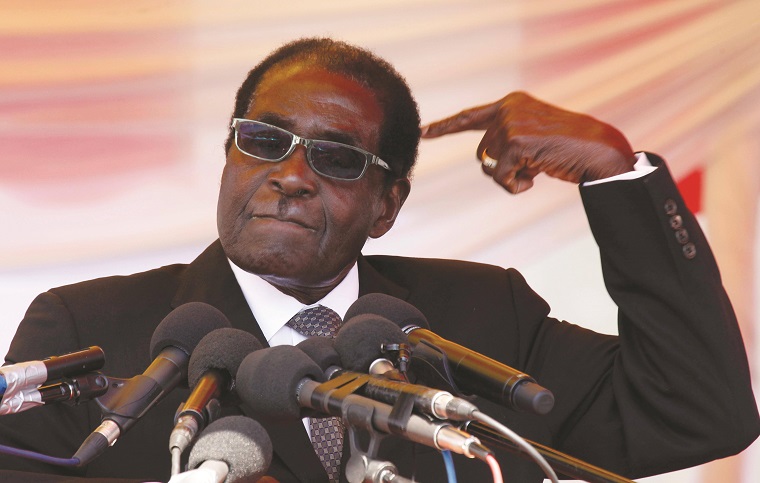At our film screening panel discussion back in 2012, this was an issue tackled by Denis Norman, who served in Mugabe’s cabinet after Independence, and came from being the head of the white Commercial Farmers’ Union.
He conceded that more could have been done back then, especially on land reform. There was an unwritten political contract between white farmers and the new state that whites could farm and make money, but not be involved in opposition politics, and land reform, despite the liberation war rhetoric, was parked.
This fell apart with the launch of the MDC, and the support of white farmers of an opposition movement. The failure of the donor-brokered land conference in 1998 was a key moment, as no side was willing to compromise. The land invasions that followed were then perhaps inevitable.
As a number of the more sophisticated commentaries highlight, countering the hero-to-villain narrative means emphasising the continuities in the way politics have been played out in Zimbabwe since Independence, with Mugabe at the centre.
A lack of tolerance of alternative views, violence and oppression have all been a consistent pattern, and stretch into the pre-Independence period and the nationalist struggle (and indeed in particular the ‘struggles within the struggle’).
A transition from militarised, violent liberation war struggle to peaceful, democratic governance did not happen.
It is not a question of seeing a golden age of the 1980s to contrast with the period since 2000.
While there have been important changes, there are also repeated patterns. This is why the much-hailed 2017 ‘coup’ was doomed to failure, and perhaps no surprise that the Mnangagwa regime has seen much continuity, notably in violent repression of opposition forces.
This is of course why a democratic transition, with a strong constitutional base, remains so critical; to shed once and for all this violent history.
In assessing Mugabe’s complex legacy, the positive legacies of massively improved education and health services for all in the 1980s and land redistribution to smallholders, especially post-2000, have to balanced against the persistent use of violence, gross economic mismanagement and the failure to develop a democratic state.
As opposition politician, Tendai Biti, noted on his death, Mugabe was a ‘coalition of controversies’.
By Ian Scoones for Zimbabweland
(202 VIEWS)


